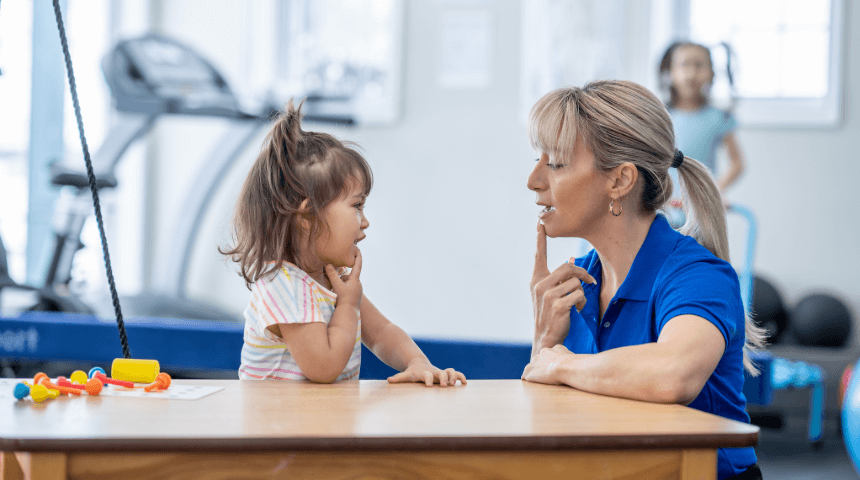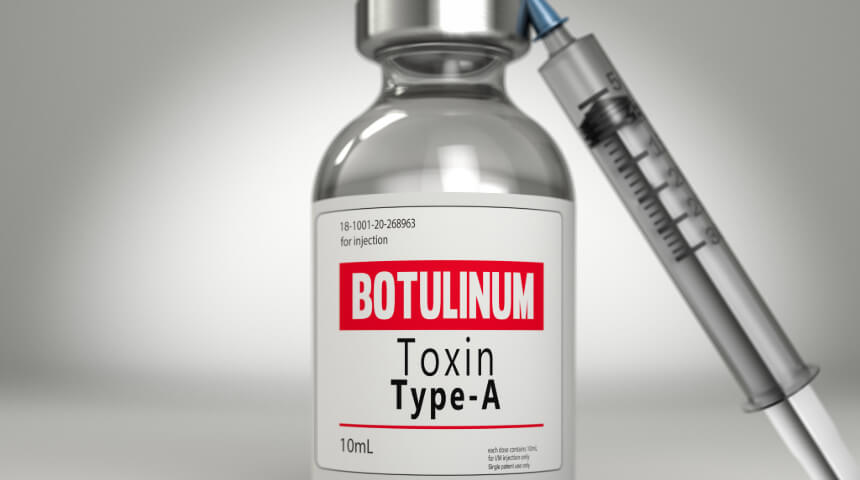Childhood Depression: What Parents Need To Know
Children today are under so much stress — from academics and sports to how they look — and all of it is magnified by social media. So it’s no surprise that about 20 percent of all teens experience depression. But only fewer than a third of depressed kids are treated for their symptoms. And many parents may not realize their children are suffering.
Signs of Depression in Children
Depression is a mood disorder that causes sadness and related symptoms to be more intense or last longer than usual after a difficult event. Depression can also occur without a triggering event. Children may have depression if their symptoms occur every day for more than two weeks. Some signs include:
- Changes in sleeping, eating and toileting (bedwetting, having more accidents after having been fully toilet trained)
- Not wanting to do things they used to enjoy
- Feeling sad, hopeless or irritable a lot of the time
- Having a hard time paying attention
- Feeling worthless, useless or guilty
- Changes in personality
- Refusal to go to school or falling grades
- Showing self-injury or self-destructive behavior
The American Academy of Pediatrics recommends universal screening for depression by primary care providers for patients 12 years and older at their annual well visits.
Causes of Depression in Children
It is not known exactly why some children develop depression. Many factors may play a role, including biology and temperament. Some children are more likely to become depressed when they experience:
- Bullying, in person and online
- Difficulty making friends
- Problems with family members
- Learning issues, especially after the pandemic
- Trauma or stress
Treating Children with Depression
The good news is that there are several effective treatments for depression. Cognitive behavioral therapy (CBT) and interpersonal psychotherapy (IPT) are shown to be effective in treating depression.
CBT is based on several core principles, including:
- Psychological problems can be affected by faulty or unhelpful ways of thinking
- Psychological problems can be impacted by learned patterns of unhelpful behavior
- People suffering from psychological problems can learn better ways of coping with them by changing their thoughts and behaviors to relieve their symptoms
IPT is a form of psychotherapy that focuses on relieving depressive symptoms by improving interpersonal functioning. It aims to change relationship patterns, as well as target relationship difficulties that exacerbate these symptoms.
Treatment of depression may also include an antidepressant medication. The potential risks and benefits of any medicine should be carefully discussed with your child’s doctor.
Suicide and Children
Extreme depression may lead a child to think about or plan for suicide. Suicide is among the leading causes of death between the ages of 10 and 24. Many times there are warning signs, but other times there aren’t. If you are concerned that your child is a risk of harm to himself or herself, you should take your child to an emergency department immediately.
How Parents Can Help
Check your own behavior, and make sure you are regulating your emotions appropriately. Let your child see you model productive ways to cope with distress so they can learn.
Parents should check in with their children regularly because kids aren’t always forthcoming with what they feel. If they don’t want to talk, one strategy is to ask them to write down how they are feeling. Young children could be asked to draw a picture.
Gathering information about your child’s well-being should extend to other people who know your child, such as teachers, coaches and relatives. Kids talk to different people about different things, so parents should try to touch base with them regularly and then take action to help, if needed.
Choose to Stay in Touch
Sign up to receive the latest health news and trends, wellness & prevention tips, and much more from Orlando Health.
Sign Up










